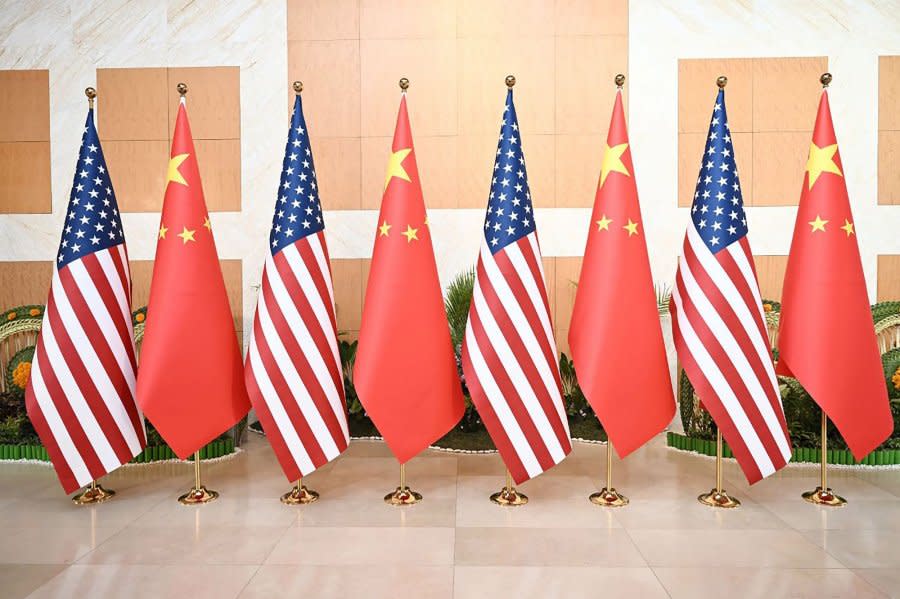U.S., Chinese officials to hold first high-level talks on AI in Geneva

May 13 (UPI) -- Representatives from the United States and China will come together in Geneva on Tuesday for the first high-level discussions on artificial intelligence between the two economic superpowers, Biden administration officials said.
The discussions will present an opportunity for "an exchange of views on the technical risks of AI" and present both nations the chance to share their concerns over the wide-ranging technology, a U.S. official said in a call with reporters on Friday.
"We are focused on how both sides define risk and safety here," a senior official said.
Leading the U.S. team will be Seth Center, deputy envoy for critical and emerging technology for the State Department, and Tara Chhabra, the National Security Council's senior director for technology and national security.
China will send leaders from its Foreign Ministry and National Development and Reform Commission to Geneva. The NDRC is Beijing's central economic planning office.
Chinese embassy spokesman Liu Pengyu said the way the United States and China choose deal with their AI disagreements will reverberate around the world.
"The two sides have the responsibility to engage in candid dialogue," Liu said.
Advanced AI has the potential of allowing agencies -- particularly the military -- to examine massive amounts of data over a short period of time, vastly speeding up the ability to make critical decisions.
The United States, however, is not expected to discuss working together with China on AI development or use, instead expressing China's use of AI in ways the United States believes "undermines both U.S. and allied national security."
"To be very clear, our talks with Beijing are not focused on promoting any form of technical collaboration or cooperating on frontier research in any matter," an official said. "Our technology protection policies are not up for negotiations."
In October, the White House sanctioned China to restrict its access to advanced chips, the key to the computing systems needed for AI, angering Beijing. The Biden Administration viewed the move as a matter of national security.

